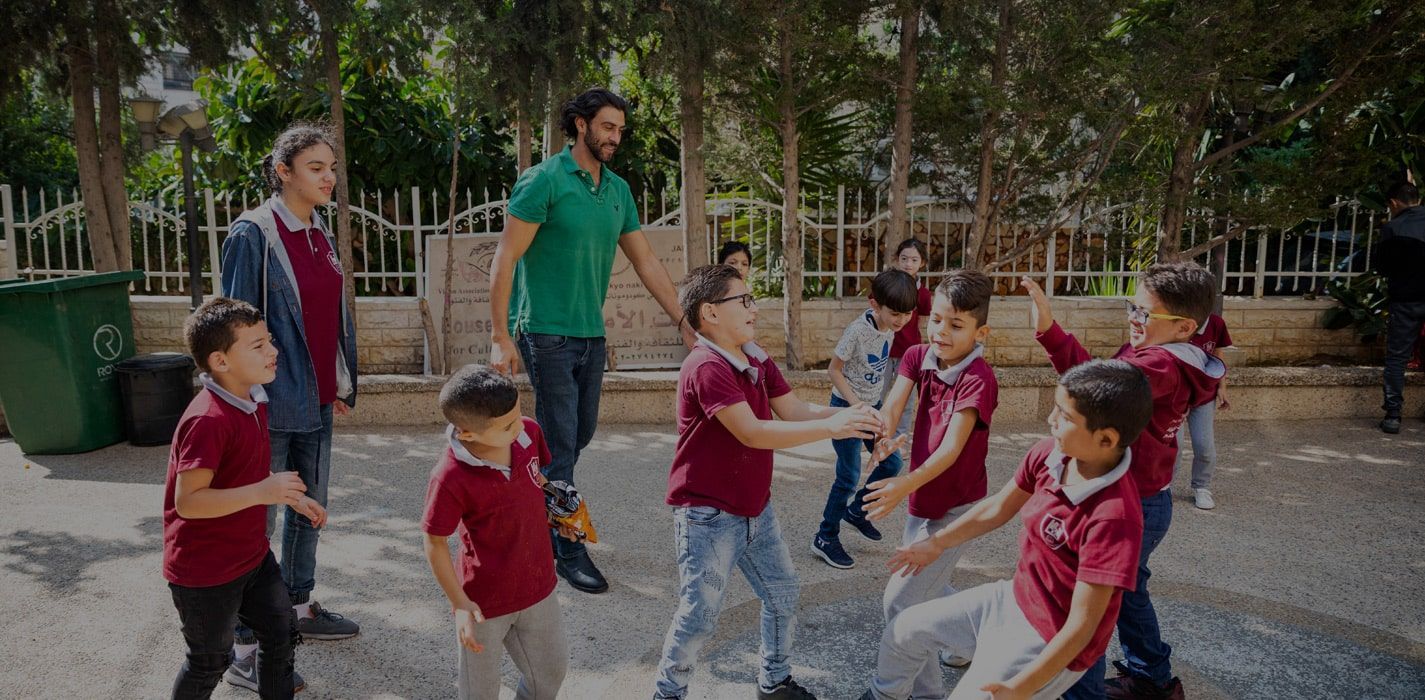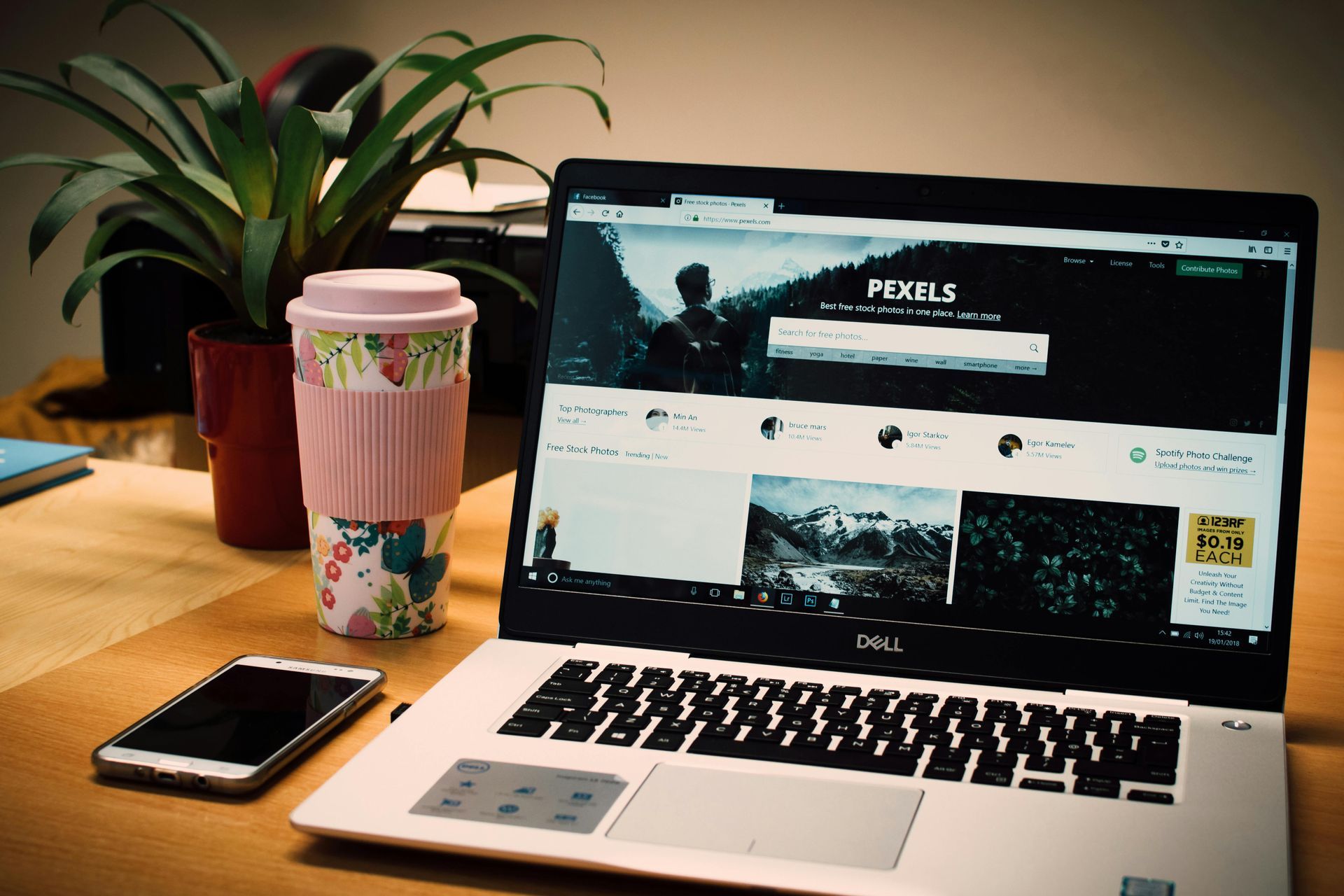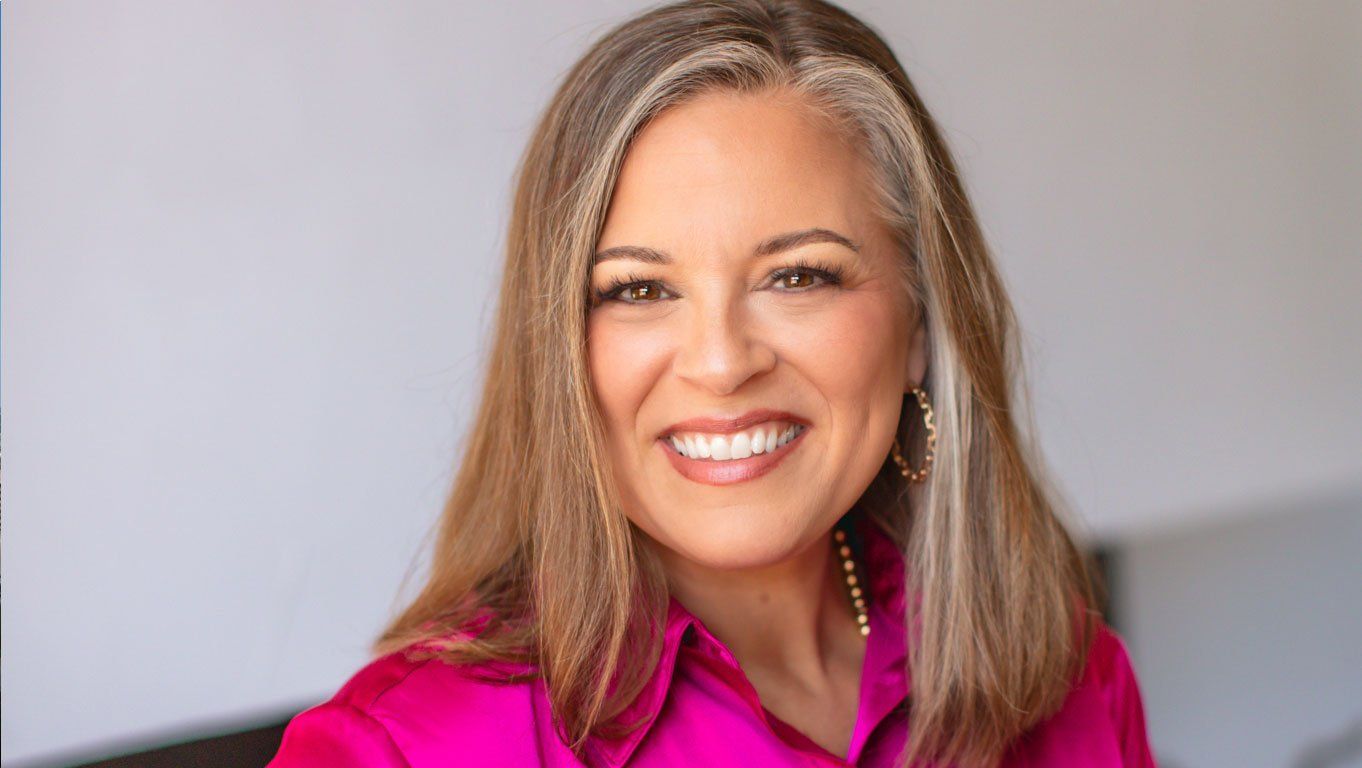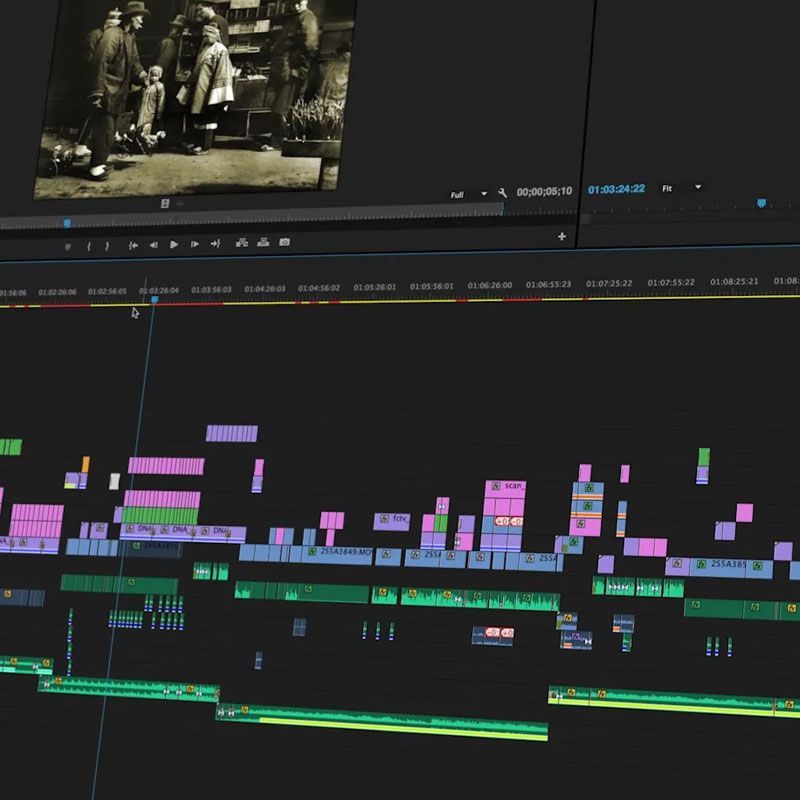Lessons in Peacemaking – The Other
THE OTHER
In the evenings, while in Bethlehem, I would go out for dinner with my Palestinian colleagues and discuss branding and marketing concepts and strategies. We would also have long discussions about the history of the conflict, the current political challenges and the overall sense of hopelessness experienced by the Palestinian people. I spent more than a few sleepless nights and anxious days thinking about the pain and suffering all around me… so foreign to my secure and privileged Midwest and now Rocky Mountain lifestyle. How did they get here and what can be done??
It seems to me the reason for this conflict, and pretty much all others is our innate tendency as humans to group people not like us, in the category of “The Other”. The Other, are people who are “different”, who don’t look like us, act like us, dress like us, or believe like us. It is the negative perception of “The Other” that I believe is the root of most if not all conflict.
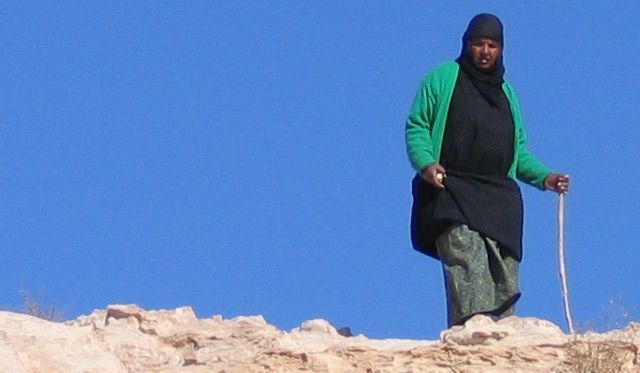
When we begin to fear the other, it can lead to apathy, discrimination, racism, and dehumanization. When this takes hold in societies it leads to the villainization and suspicion of the other, which ultimately leads to apartheid, war, slavery, genocide, and events like the Holocaust in Nazi Germany or the genocide of Muslims in Bosnia during the 1990s.
From a neuroscience perspective, this is an inherent human behavior. We naturally want to categorize stuff in our minds. There is nothing wrong with this. In fact, it’s needed and beneficial in helping us cognitively understand the world around us, to know what to act on, and what not to. What to fear, and what’s harmless. It’s ok to eat those fresh blueberries in the fridge but not the 10-day old sushi. The danger of this naturally dualistic thinking is when we start sorting people in a way that makes them less than us. We fail to empathize with them. We see them as less enlightened, less intelligent… foreign. We begin to suspect their motives, or worse yet, see them as dangerous. Once we see the other as dangerous to us, our families, our communities, our way of life, and our beliefs, we begin to fear them and fear leads to all kinds of bad mojo.
When the Jews left Europe after World War II and the unspeakable horrors of the Holocaust, they were in a fight or flight mentality, that never really left their collective mindset. So what you have is a whole culture, a whole people, taught from a young age, to live in fear of the other. Some of the emotional effects of chronic fear are:
- A chronic sense of helplessness,
- The inability to reflect before acting ethically or violently,
- The inability to have loving feelings.
I believe this is what’s happening in Israel/Palestine. Fear, and at times, hatred, of the other. For Israelis; fear and hate of Arabs out to destroy them. For Palestinians; fear and hate of their oppressor, who stole their land and their way of life.
How Do we Respond?
So what is the answer? Where do we go from here? How do we change the hearts and minds of Jews, Palestinians, and Christians to love our enemies instead of fearing and hating them? In part three in this series on peacemaking, I will share more about the folks who are making a difference by encouraging peace and transformation… and maybe some hope to what appears to be a hopeless situation.


